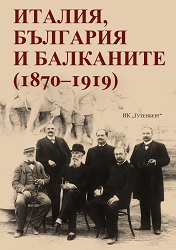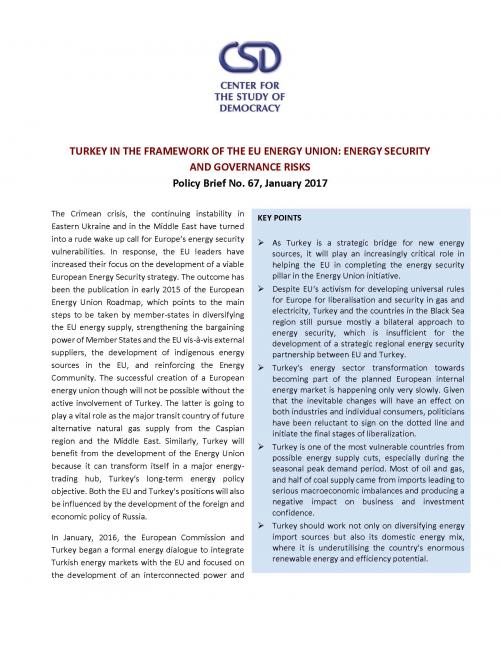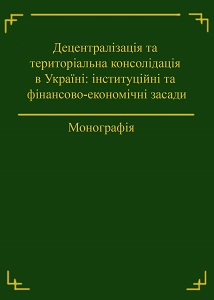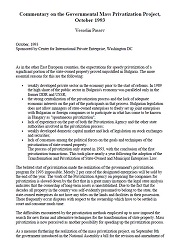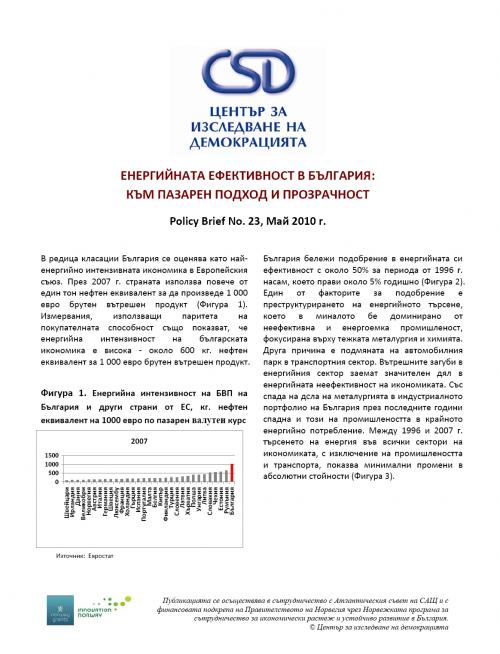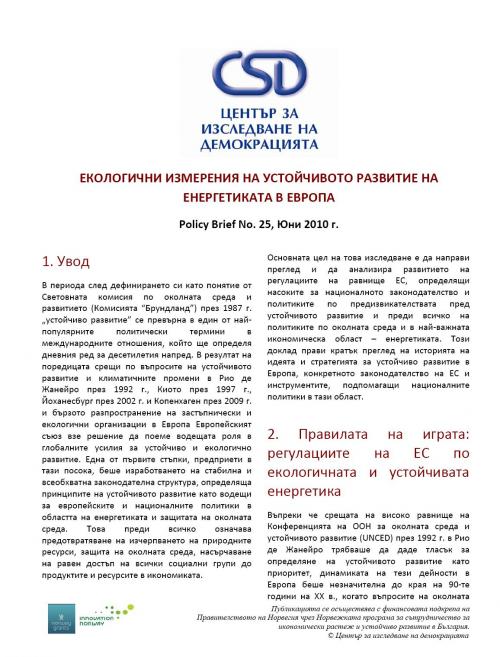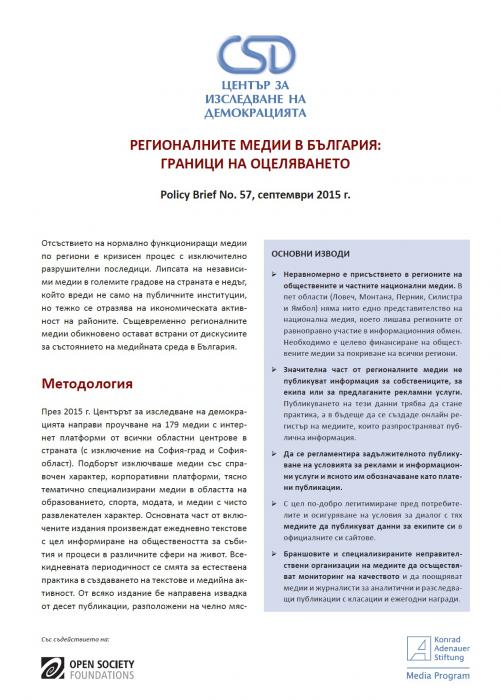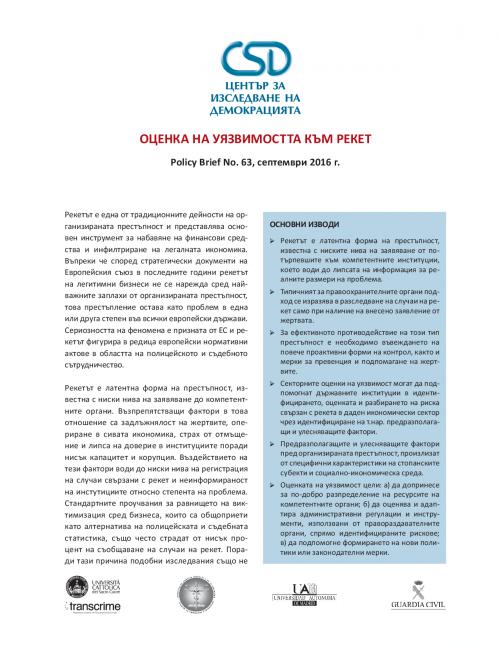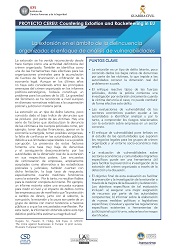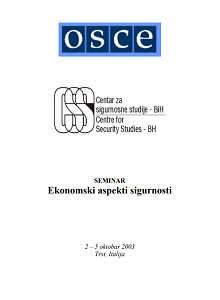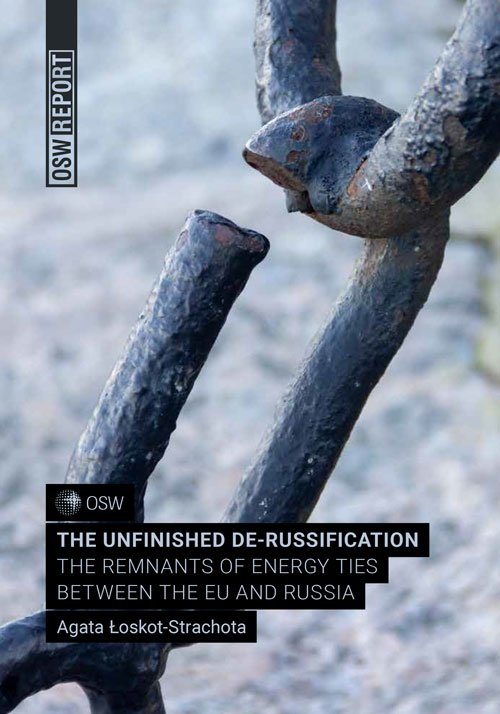Author(s): Bisera Turković,Claudio Zappulla,Mirsad Ćeman,Pierpaolo Tempesta,Heinz Vetschera,Vladimir Matek,Izet Žigić,Slavko Žmarić,Jiri Kalasnikov,Richard Temsch,Emina Kečo-Isaković,Almir Džuvo,Huso Hadžidedić,Mladen Staničić,Branislav Milinković,Marcin Święcicki,Moises Venancio,David R. Nicholas,Nedžad Hadžimusić / Language(s): Bosnian
Uvaženi ambasadori, dame i gospodo, Zadovoljstvo mi je što vam mogu poželjeti dobrodošlicu na seminar u Trstu pod nazivom ¨Ekonomski aspekti sigurnosti¨. Posebnu zahvalnost želim uputiti našem domaćinu Generalu Zappulli na čiju je inicijativu ovaj seminar i organizovan. Sa nama su danas predstavnici OSCE-a, predstavnici zakonodavne i izvršne vlasti BiH, kao i uvaženi eksperti iz ekonomske i sigurnosne oblasti. Posebno zadovoljstvo i čast mi je pozdraviti ambasadora Bosne i Hercegovine u Italiji gosp. Lukšu Šoljana. U svom uvodnom obraćanju željela bih objasniti značaj i motiv organizovanja ovog seminara. Prije svega, željela bih naglasiti da je cilj Aneksa 1B Dejtonskog mirovnog sporazuma podsticanje povjerenja i transparentnosti između BiH (entiteta), Republike Hrvatske i Srbije i Crne Gore. Dosadašnje percepcije bile su usmjerene na vojnu prijetnju kao osnovni oblik nesigurnosti. Međutim, u kontekstu novog sigurnosnog ozračja vojna prijetnja se ne bi mogla smatrati osnovnom opasnošću po državu i društvo, već je tu poziciju sada zauzela ekonomska nesigurnost. Smatram da snažna ekonomija, ekonomija koja je u stanju prevazići sve prepreke sa kojima se suočava, u velikoj mjeri utiče na izgradnju mjera povjerenja, kao osnovne svrhe člana II Aneksa 1B Dejtonskog mirovnog sporazuma.
More...
